Description
Pepsin: The Gut’s Protein-Busting Powerhouse
Pepsin, often an unsung hero of the digestive system, plays a vital role in breaking down proteins into smaller peptides, paving the way for efficient nutrient absorption. Without it, our bodies would struggle to utilize the building blocks necessary for growth, repair, and a host of other essential functions.
What is Pepsin and Where Does it Come From?
Pepsin is an endopeptidase, a type of enzyme that cleaves peptide bonds within protein molecules. It is produced in the stomach by specialized cells called chief cells. However, it isn’t secreted as active pepsin. Instead, it’s released as an inactive precursor called pepsinogen.
The conversion from pepsinogen to active pepsin is triggered by the highly acidic environment of the stomach. This acidity, provided by hydrochloric acid secreted by parietal cells, both unfolds pepsinogen, exposing its active site, and facilitates the autocatalytic cleavage, where pepsin itself helps activate more pepsinogen. This ingenious mechanism prevents the enzyme from digesting the proteins within the chief cells where it’s produced.
Why is Pepsin Important?
The primary function of pepsin is to break down large, complex protein molecules into smaller, more manageable fragments called peptides. This breakdown is crucial for several reasons:
- Improved Digestion: Large protein molecules are too big to be absorbed by the intestinal lining. Pepsin’s action reduces them to smaller sizes, making them more accessible to other digestive enzymes later in the small intestine.
- Efficient Nutrient Absorption: The smaller peptides produced by pepsin are further broken down by pancreatic enzymes like trypsin and chymotrypsin in the small intestine into individual amino acids. These amino acids are then absorbed through the intestinal walls and transported via the bloodstream to cells throughout the body.
- Immune Defense: While primarily a digestive enzyme, pepsin also plays a role in breaking down certain toxins and microorganisms that enter the stomach, contributing to the body’s defense against infection.
Pepsin and Disease:
While essential for digestion, pepsin can also contribute to certain health problems:
- Gastroesophageal Reflux Disease (GERD): GERD occurs when stomach contents, including pepsin and stomach acid, flow back up into the esophagus. Because the esophagus lacks the protective lining of the stomach, it’s vulnerable to damage from pepsin’s proteolytic activity. This can lead to inflammation, heartburn, and even esophageal ulcers.
- Laryngopharyngeal Reflux (LPR): Similar to GERD, LPR involves the reflux of stomach contents, but in this case, it reaches the larynx and pharynx (voice box and throat). Pepsin’s presence in these areas can cause inflammation, hoarseness, chronic cough, and other respiratory symptoms.
- Peptic Ulcers: In some cases, an imbalance between acid and pepsin production and the stomach’s protective mechanisms can lead to the formation of peptic ulcers, erosions in the lining of the stomach or duodenum.
Factors Affecting Pepsin Activity:
Several factors can influence pepsin’s activity:
- pH: Pepsin functions optimally in a highly acidic environment, typically a pH of 1.5 to 2.0. As pH increases, pepsin activity decreases.
- Temperature: Pepsin, like other enzymes, is sensitive to temperature. It functions best at body temperature (around 37°C or 98.6°F).
- Inhibitors: Certain substances can inhibit pepsin activity, including pepstatin, a naturally occurring inhibitor produced by certain microorganisms. Some medications, like proton pump inhibitors (PPIs), reduce acid production in the stomach, indirectly decreasing pepsin activity.
Maintaining a Healthy Digestive System:
While pepsin is essential for protein digestion, maintaining a healthy digestive system is vital for optimal health. This includes:
- Eating a balanced diet: Choose a variety of nutrient-rich foods and limit processed foods, sugary drinks, and excessive amounts of alcohol.
- Managing stress: Stress can affect digestive function. Practice relaxation techniques like yoga, meditation, or deep breathing.
- Avoiding smoking: Smoking can weaken the esophageal sphincter, increasing the risk of acid reflux.
- Consulting a healthcare professional: If you experience persistent heartburn, indigestion, or other digestive problems, seek medical advice.
In conclusion, pepsin is a powerful and essential enzyme that plays a critical role in protein digestion. Understanding its function, regulation, and potential involvement in certain diseases can empower you to make informed choices about your digestive health. While its activity is generally beneficial, dysregulation can lead to discomfort and illness, highlighting the importance of maintaining a healthy lifestyle and seeking medical attention when necessary.

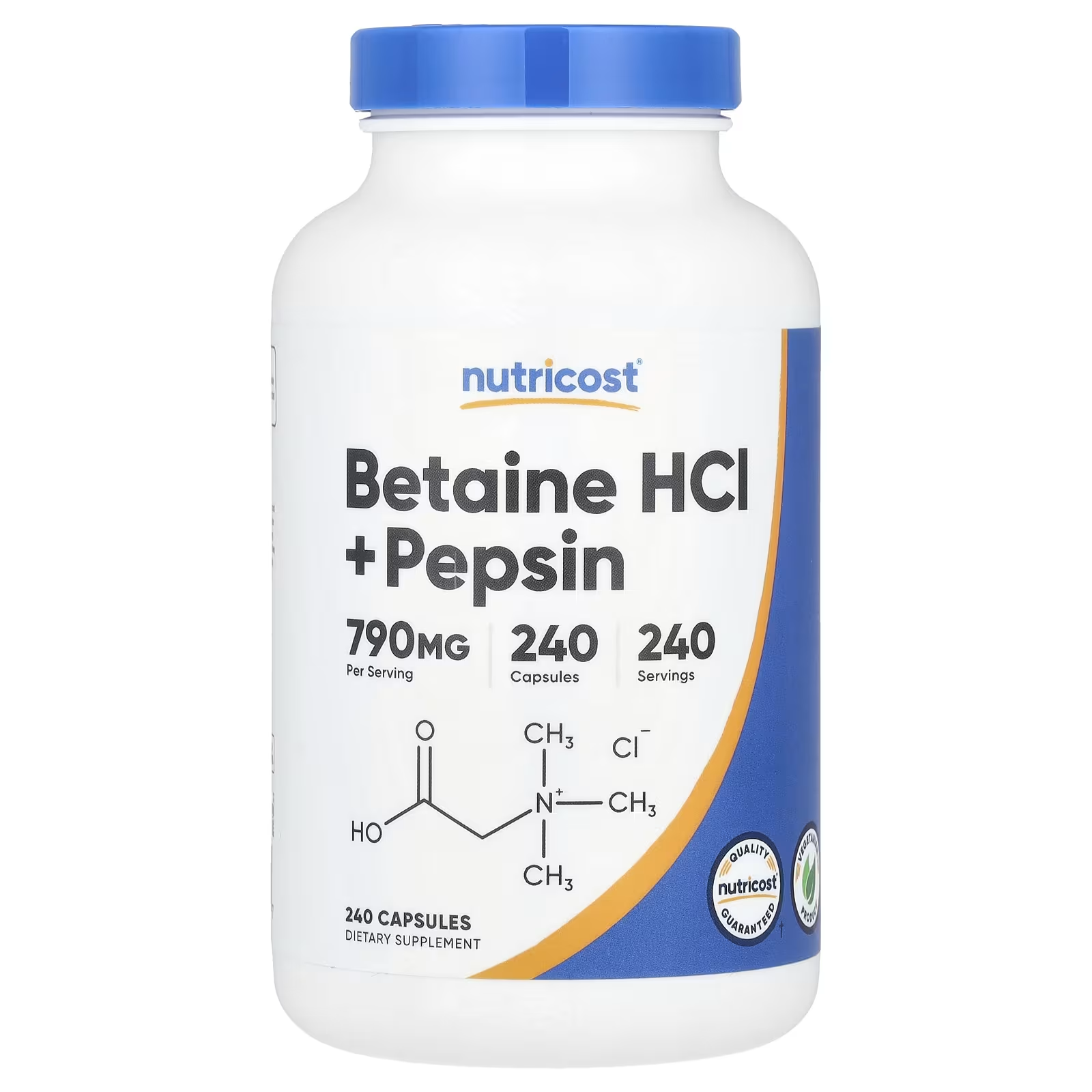
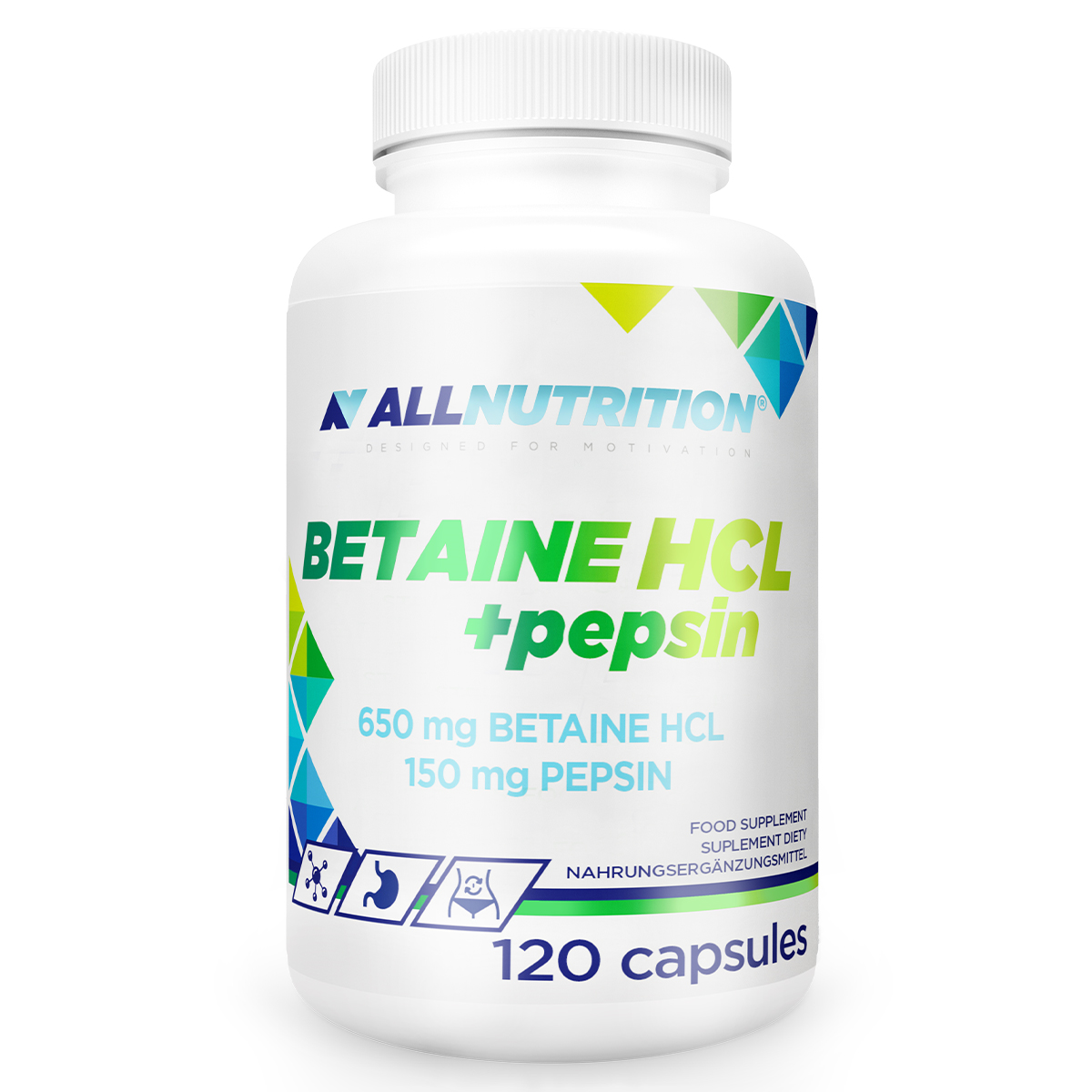
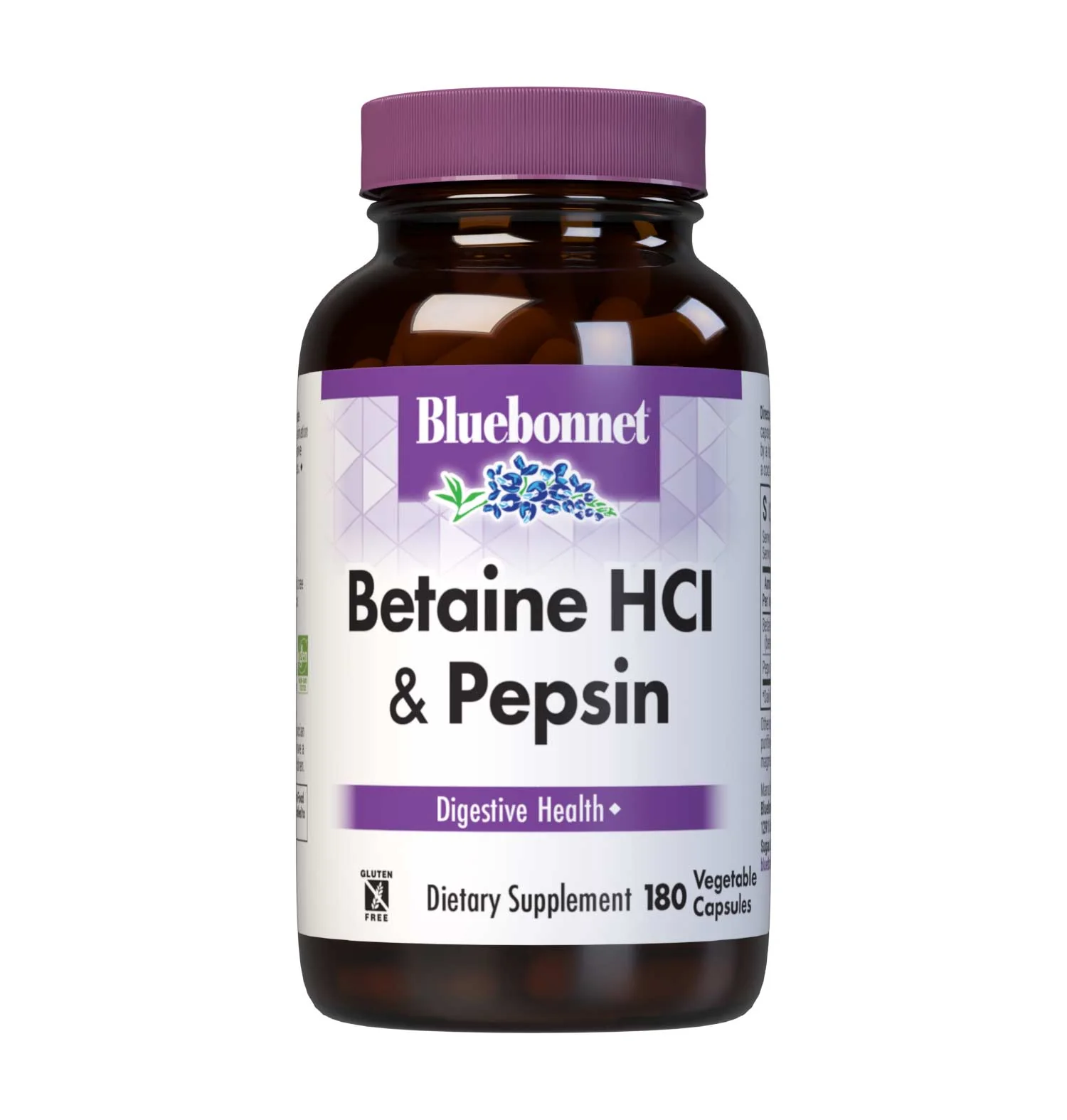
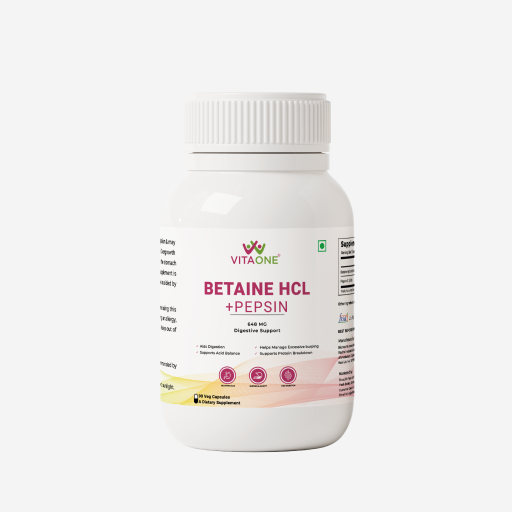
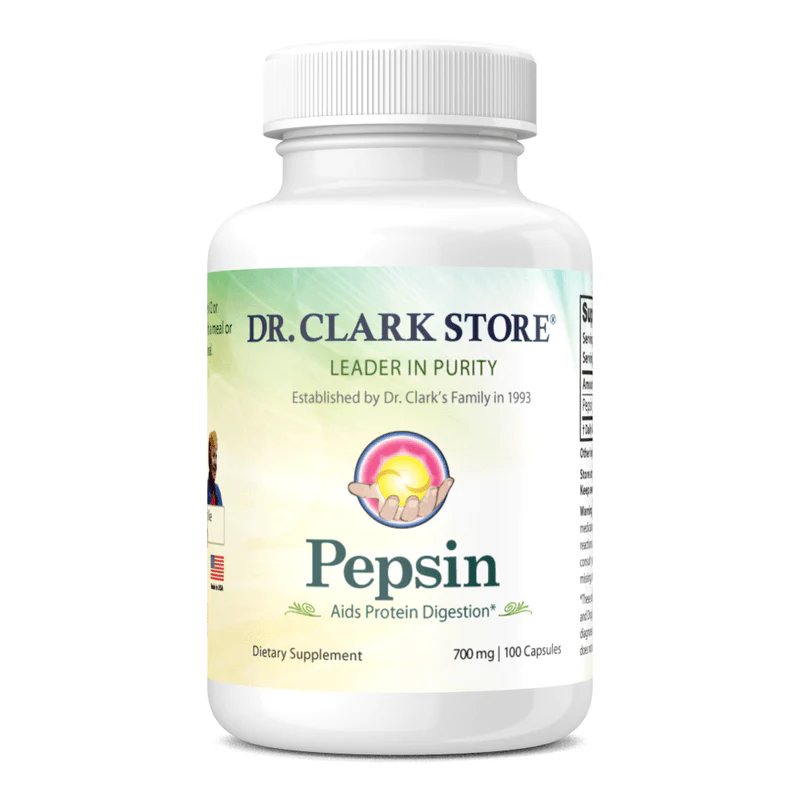
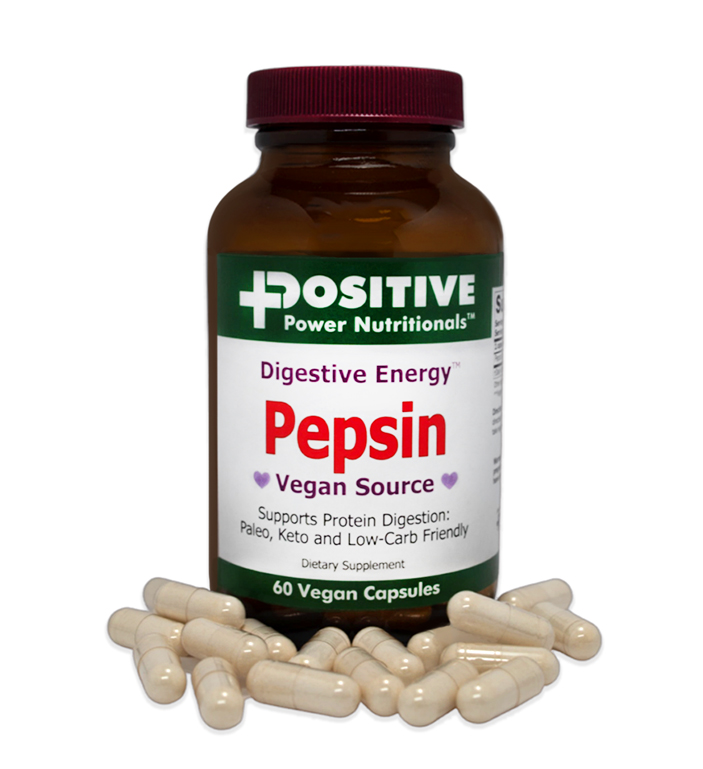
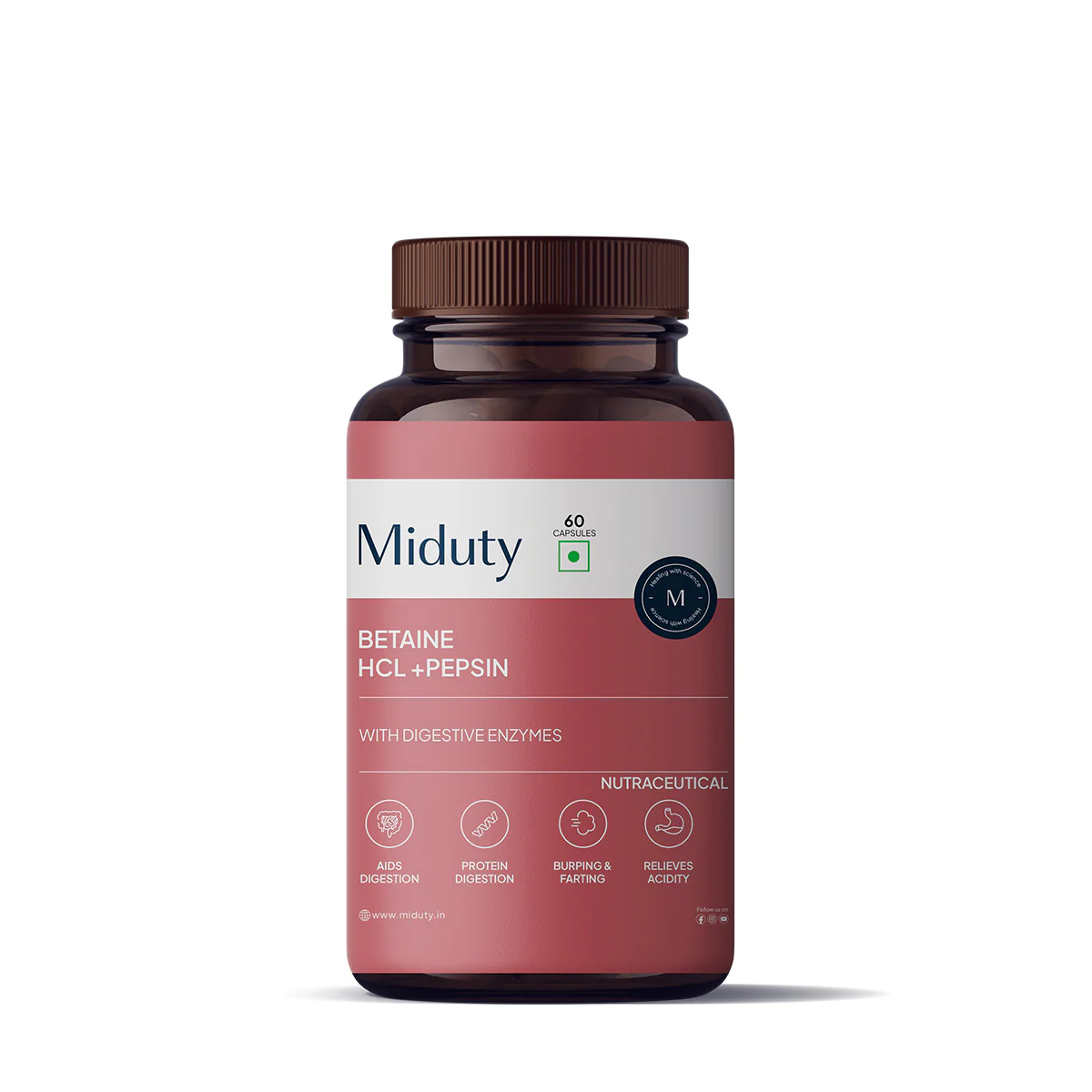




Reviews
There are no reviews yet.